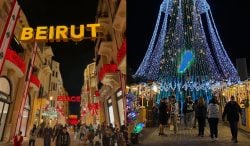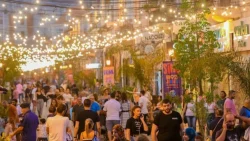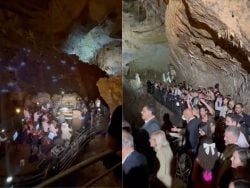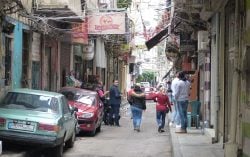Beirut’s Public Spaces in Danger, Governor Promises Solutions
In the midst of debates about public space in Lebanon, the local NGO “Nahnoo” partnered with the governor of Beirut, Ziad Chebib, for a public forum aimed at discussing the prospects of Horsh Beirut, the city’s largest park, in the hopes of getting some answers as to why the park has been closed for public use. Dozens gathered in the capital’s municipality building looking forward to a fruitful participatory discussion that would bridge the gap between governmental decision-makers and concerned citizens.
Mr. Mohamad Ayoub, the head of Nahnoo, opened the forum by outlining Beirut’s current public space landscape, emphasizing the privatization of public property and the subsequent lack of greenery in Lebanon.
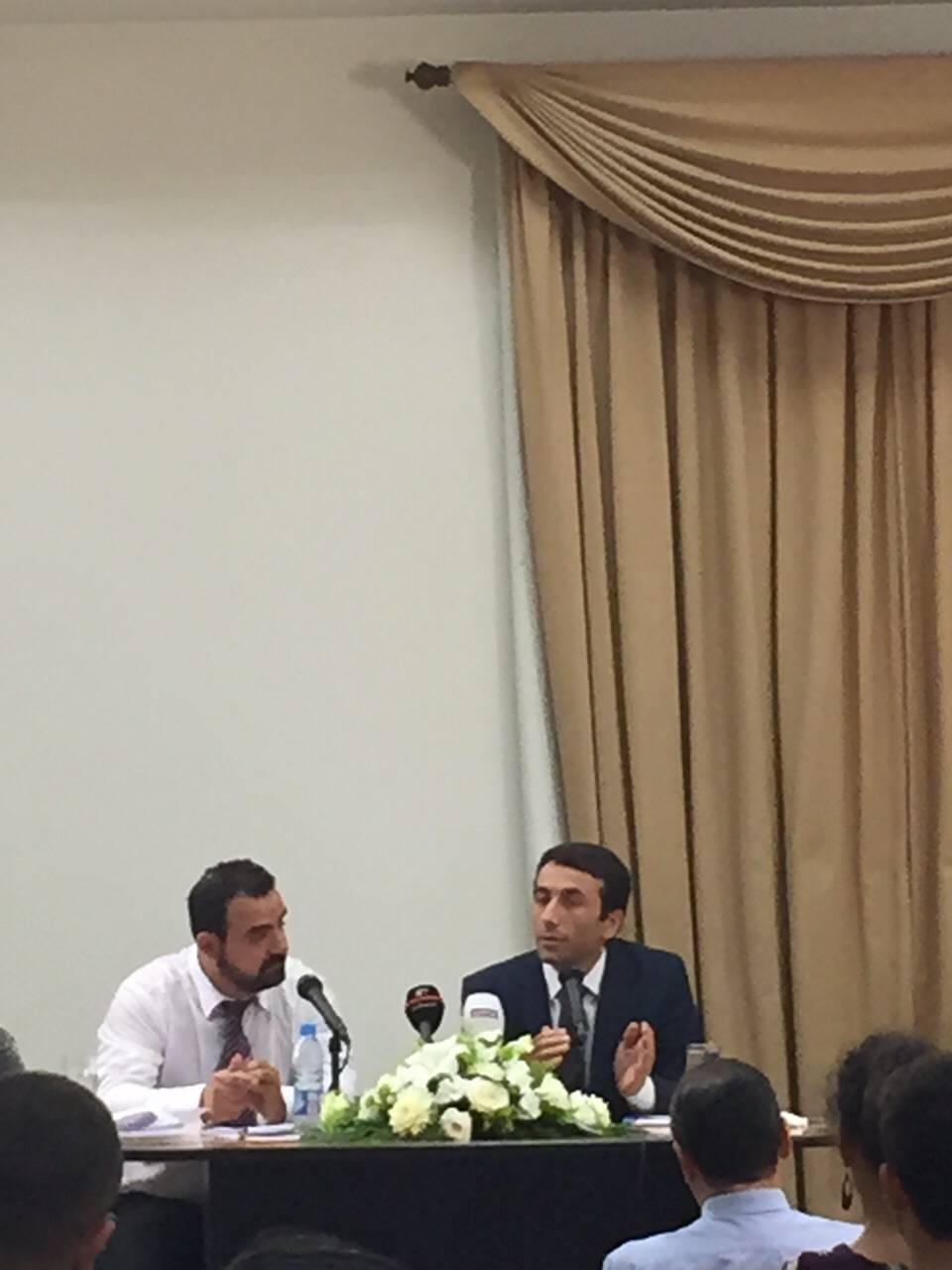
The governor, who expressed his content with the size of the audience, then discussed some of the obstacles that are hindering the process, such as the gridlock between the executive and decision-making authorities (represented by the governor and the municipality respectively,) and the legal impediments that only allow individuals with special permission and foreigners into the park today. The governor admitted that this was in fact illegal and violates the principle of equality.
In response to several (at times frustrated) inquiries from the audience, the governor emphasized that Horsh Beirut is a public space, and the closing of any public space is illegal especially when discrimination is involved.
Although the governor seemed well-intentioned, and did not make any statements that are particularly prone to criticism, the frustration from the audience seemed to be just that. Chebib continuously highlighted the importance of building trust between the public and administrative authorities, the necessity of having common goals, etc. But what was missing from the conversation was nail-on-the-head statement outlining who is responsible for the paralysis of this project. Despite audience members’ suggestions for a specialized committee to be formed and more frequent participatory meetings to be held, the governor seemed enthusiastic about public participation, but was not clear on direct action.
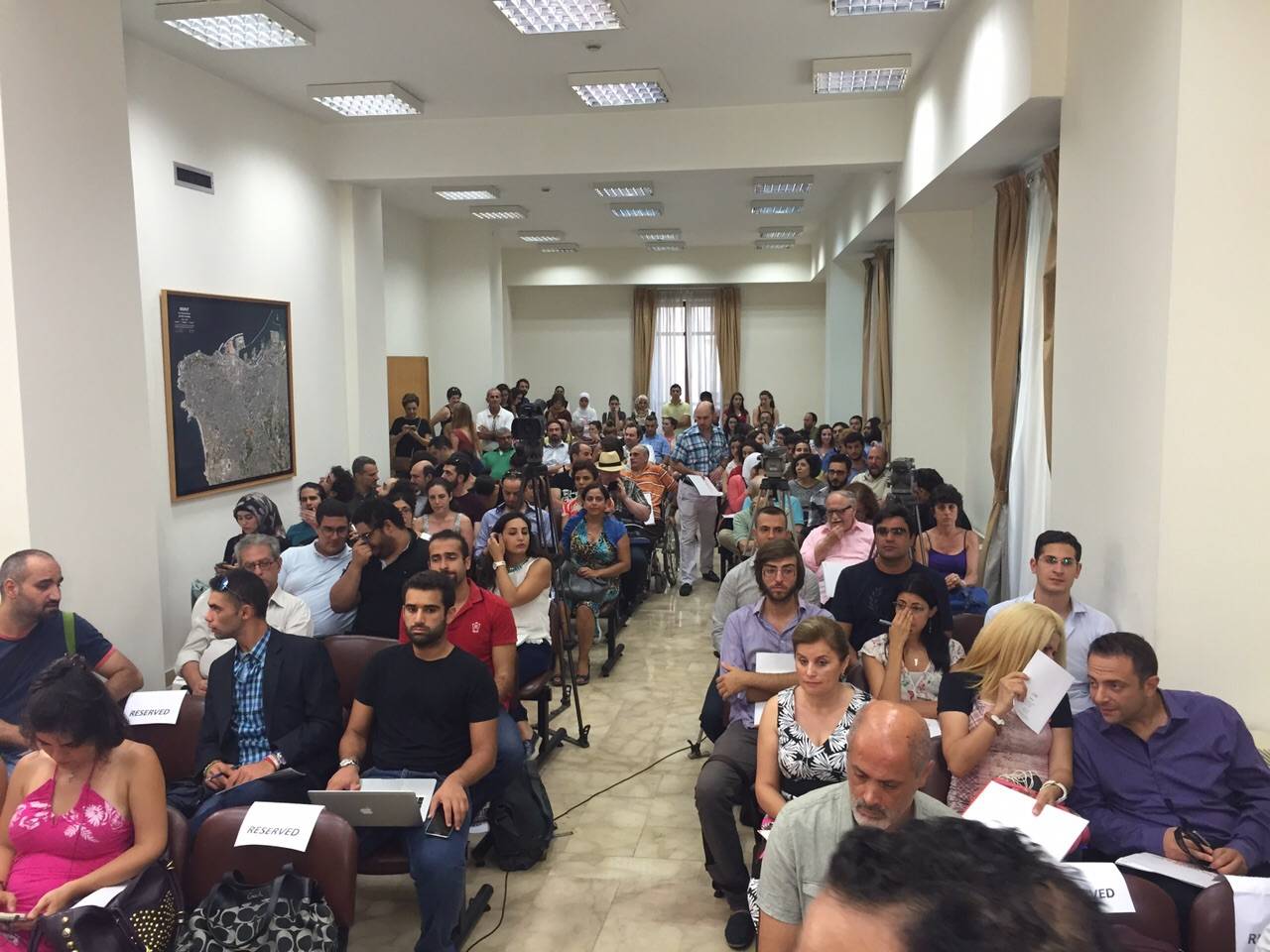
After pressure from the audience, Chebib announced that the park is scheduled to open in September, which begs the question of why this was not discussed earlier in the forum. In any case, it seems that this issue still lies at the risk of being sucked into Lebanon’s portal of cocktail party politics, where forums like these serve as place for discussion instead of a platform for action. The best we can do as hopeful citizens is pledge our support for all efforts to increase Beirut’s public spaces, volunteer to be a part of the staff responsible for the space, and await the potential fulfillment of Chebib and Nahnoo’s plans to transform Lebanon’s cityscape for the better.

